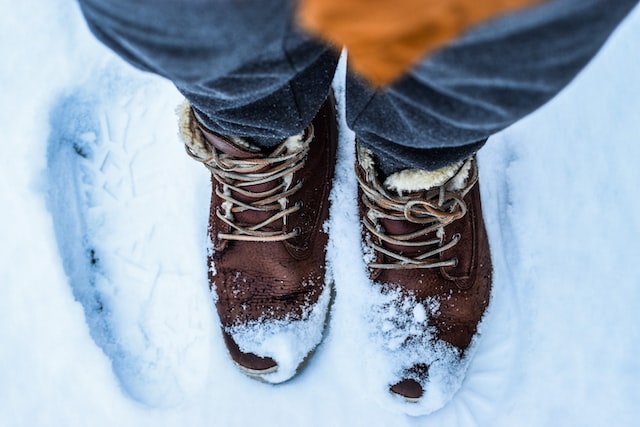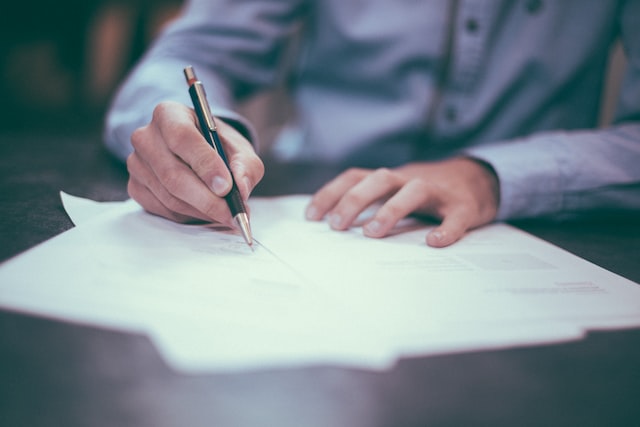Owning a home is a major accomplishment that brings great benefits to you and your family. This is due to the fact that, for the vast majority of people, improving their credit score and financial health can take up to several years.
And once you finally become a homeowner, there are certain responsibilities that you need to learn to embrace and keep your home in good working order. These responsibilities can be different for everyone, but still, there are some basic ones you need to be aware of when closing on your new home so that you hold up your end of the bargain.
In the article below, we delve into the main responsibilities that you have as a homeowner that can give you a better real estate experience.
Maintain Your Home
Whether you’re a first-time buyer or already have house-hunting experience, the home-buying process can feel long and overwhelming. There are always possibilities of facing delays and complications that can slow down the entire process, and many buyers often ask themselves, “?” so they can plan accordingly.
As soon as you find your perfect house, your main responsibility becomes maintaining the safety and soundness of the home, not only for your own well-being but also because maintenance costs could rise and issues could become worse the longer you wait. If the condition of your home deteriorates, there might come a time when you want to sell but can only do so for a lot less than you initially paid for it. You would also need to pay the difference at closing or stay there until you have built up more equity.
Pay Your Mortgage on Time
One of the main responsibilities you have as a homeowner is paying your mortgage in full and on time every month. Depending on the type of agreement you have with your lender, tardy payments could affect the terms of the loan. Late mortgage payments could put you in a situation that is difficult to get out of. Unlike renting, where you could get away with an apology and a promise to pay on time the following month, missing mortgage payments can have a , and you risk having the home go into foreclosure.
If you face serious hardships such as losing your job, having income reduction, or sickness, which results in you not being able to make your payments on time, make sure to call your loan servicer, who will present and talk through your options and come up with a solution.
Property Taxes and Insurance

Even after you pay off your home loan, as a homeowner, you are obligated to pay for property taxes and homeowners insurance. Depending on the location you live in, there are local and national property taxes to pay that are directed at funding projects such as infrastructure, education, and services such as your local police and fire department.
It’s very important to pay these taxes on time. Otherwise, you may face penalties. Most lenders will advise you to open an escrow account which allows you to pay toward your taxes and homeowners insurance premiums each month in addition to your regular mortgage payment. This way, when taxes and insurance payments are due, the person who maintains your escrow account will make the payments on your behalf. To be on the safe side, make sure to understand any additional costs that may arise if you don’t set up an escrow account.
Pay Your Water Bill
When renting typically, the only payment you have to worry about is your rent, electricity, and heat, and most landlords pay the water bill.
When you become a homeowner, you must start paying your water bill, and its amount usually depends on how much water you use. Your water bill might be higher than average if you have a big family, if you do the laundry often or if you have a pool.
Schedule Snow Removal

Now that you are a property owner, you’re the one responsible for plowing the driveway and cleaning stairs and walkways of snow and ice so that you can get in and out of your home safely. Some homeowners do this on their own, while others hire a professional to do the job for them. Either way, you can no longer expect a landlord to take care of the .
Final Words
Once you become a homeowner, upkeep and maintenance of your home become your responsibility. In this article, we outlined only a few of the responsibilities you have as a homeowner that will help you protect your investment and make your home safe and comfortable.
